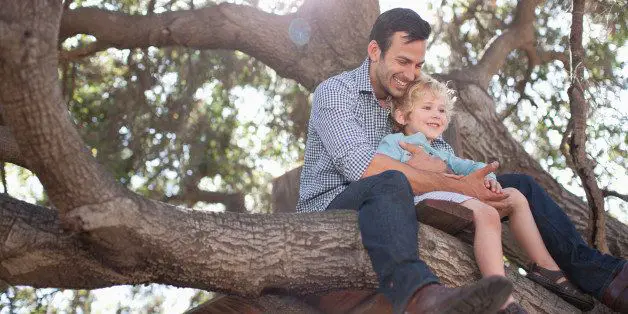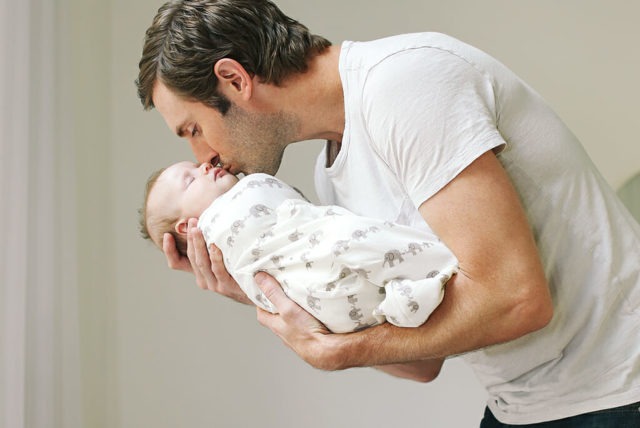
Times are changing and little by little men are assuming new roles and responsibilities in society. Although it is women who have for ages been associated with pregnancy, today men take more intensely, along with their couples, this process. They keep track of all the signs, read books on motherhood, and even train in breathing techniques to accompany their wives on each push at the time of delivery.
Gone are the cold and uncompromising fathers. From other centuries when men were authoritarian and distant. Today’s fathers choose to be present at every moment of pregnancy and then share responsibilities in raising the children. They have learned to enjoy their home and family.
An obstetrician affirms that, during the pregnancy of his patients, the presence of the father is the rule rather than the exception. “Husbands always come to consultations. The men of today have all the information and many times they are the ones who ask. There is no doubt that today, pregnancy is a shared experience for the couple,” says the doctor.
In the delivery rooms, on the other hand, the presence of the father is also a routine. A few years ago, many clinics required an express authorization from the doctor to allow the husband to witness the birth of their son. Today the father’s participation is not only allowed, but it is also encouraged and necessary to accompany the mother in that intense experience. Few parents would agree to be left out at such a memorable time. They want to be present.

But the role of fatherhood does not end with the arrival of the little one. Participation tends to become more active and intense as children grow older. They no longer see it as a responsibility, but as an activity that brings them much pleasure.
The change in the paternal role generates a new dynamic. Today, children born to these families have renewed models; they have coupled with shared responsibilities in the search for the integral well-being of the whole family, from complementarity and flexibility in the tasks that enrich them as people.
This evolution of parental roles also affects the children themselves. It has been proven that their development is different if they have the presence of both parents. Psychologists assure that children with absent parents are more distressed and with less strength to face conflicts.
The father’s presence is essential because it allows the child to grow up with a strong bond that is conceived with support and guidance for children. Also, it is important to keep in mind that this presence has to be emotional, participatory, and open.
In addition to strengthening the family, the new role of fatherhood helps to improve the couple’s relationships and make coexistence easier. Achieving operational complicity in the face of unprecedented situations that may arise is not only beneficial for the child, but also the strengthening of the marriage.
Today more men choose to stay at home in their spare hours and dedicate themselves to raising their children. How wonderful it would be if the majority of men today take on these new challenges, not only seeing their father status as an inescapable responsibility but as a need that brings great positive benefits within the family and in society at large.

